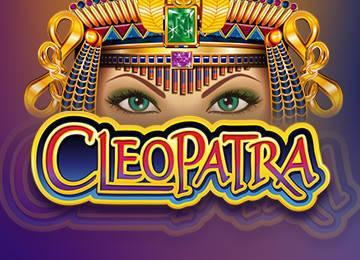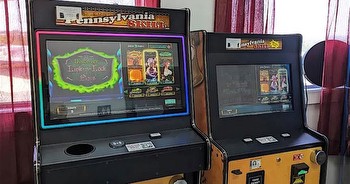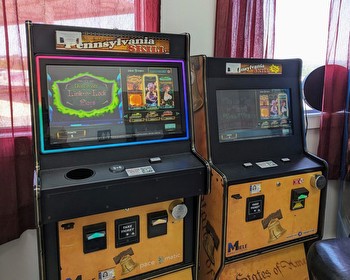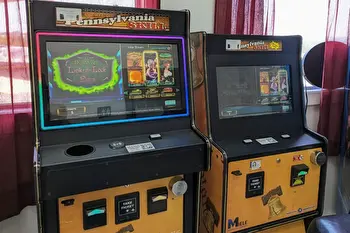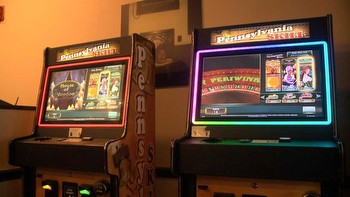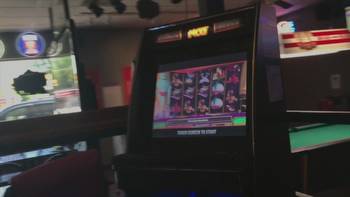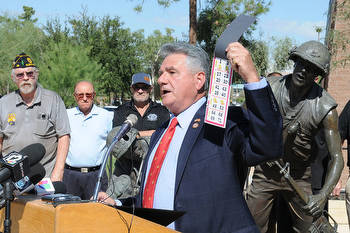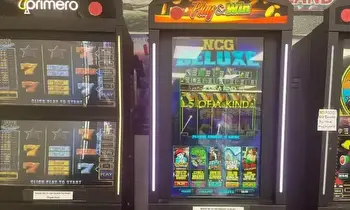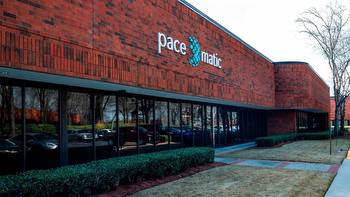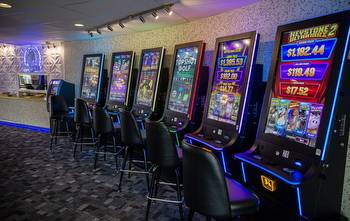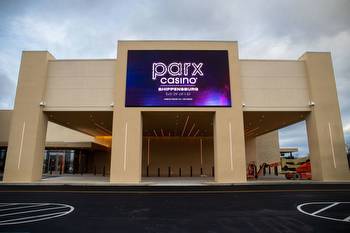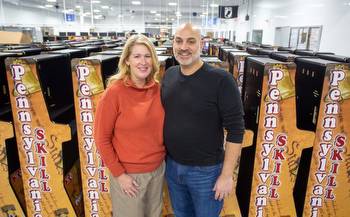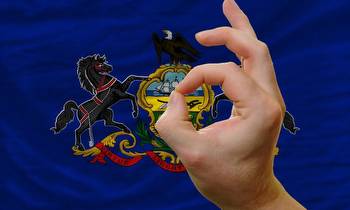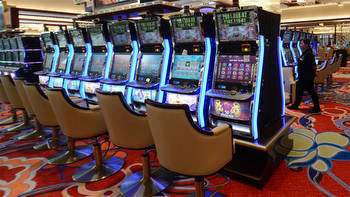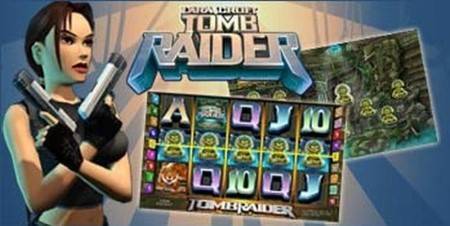Gambling in Pennsylvania needs the strong oversight only casinos can guarantee
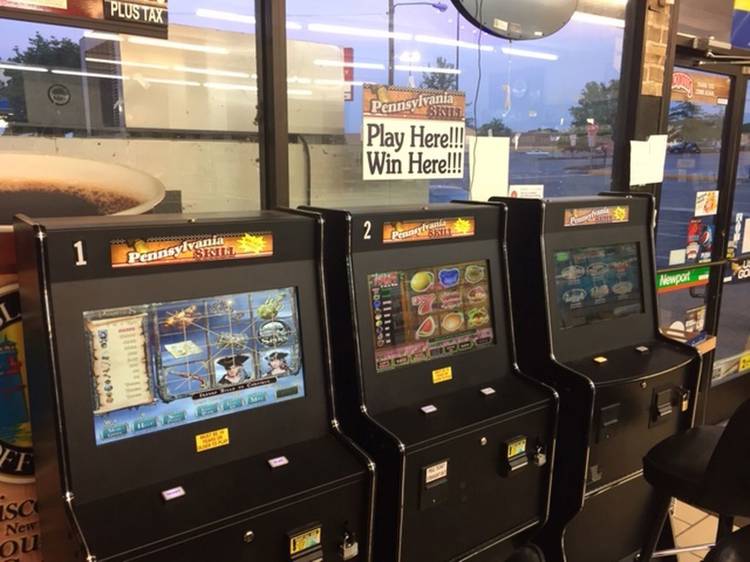
The American Gaming Association makes a strong case for why Pennsylvania should ban “skill” machines and get them out of restaurants, bars, convenience stores, American Legion halls or anywhere outside of casinos.
They argue the machines are multiplying like rabbits, and there’s no real skill required to play them. It’s a misnomer, they insist. The machines are just another way to gamble, and they’re taking customers away from casinos whose tax dollars fill state coffers.
Without the money casinos bring to the state, there would be a whole lot less tax revenue to fund local economic development projects or provide property tax relief for Pennsylvania residents. Casino tax revenue also supports Pennsylvania’s horse racing industry.
Last year, Pennsylvania’s casinos sent the commonwealth $2.1 billion in taxes, according to data compiled by the Pennsylvania Gaming Control Board (PGCB). It says that’s the highest gaming tax revenue of any state in the nation.
Pennsylvania casinos employ more than 20,000 people and support countless nonprofits who provide invaluable services in our region. There can be no argument about the importance of the gaming industry in our commonwealth nor about the fiscal imperative of protecting it.
But there are also cogent arguments on the other side of this debate.
Bill Kokos, owner of the Sierra Madre Saloon in Hampden Twp., wrote in an opinion piece on PennLive that the machines in his restaurant have allowed him to increase revenue. People play the games, stay in his restaurant longer, and spend more money. Plus, he gets a cut of every dollar they put in the machines. That has allowed him to hire more people, increase their pay and provide them medical and dental benefits.
He says without the money the “skill” games bring in, his largesse would not be possible. It’s the same story for many other businesses and nonprofits.
Calobe Jackson, in his 90s, described in an op-ed to PennLive how the Ephraim Slaughter American Legion Post 733 has benefited from the gaming machines in their hall. They now have enough money to give away toys and food at Christmas and help needy children in the Harrisburg community.
He argues the skill games are just the latest iteration of bowling, pinball machines and video games that have lined their walls in the past, all efforts to earn money to support their club’s civic service.
But today’s gaming machines pay out money, unlike the pinball machines and video games of the past. And that makes them another way to gamble, which our society says must be strongly regulated.
We are compelled to agree with the American Gaming Association that these machines are gambling devices, and they should be subject to the same stringent regulations that casinos must follow.
But the American Gaming Association wants them banned for two reasons:
- To protect the revenue of their members, which also guarantees millions in tax revenues.
- To protect the community, including children and vulnerable adults.
These are compelling arguments.
Many of these machines are in areas of stores and public venues where they are unsupervised. And the businesses that host them do not face the same stringent rules casinos have to follow. With all police have to do to patrol city streets, monitoring hundreds of games in stores throughout the state is the last thing they need to worry about.
We sympathize with business owners like Kokos and respected community leaders like Mr. Jackson who say they are open to state regulation. But, with great respect to their arguments, accepting the strong regulation needed is easier said than done.
Many of the gaming machines are located in areas of stores where they are unsupervised. The American Gaming Association is right, the machines are magnets for young people as well as for vulnerable people with gambling addictions. Casinos face hefty fines if they don’t prevent the wrong people from accessing their machines. Such fines could bankrupt a small business or nonprofit.
While small business may agree to abide by the rules, it would be difficult and costly for them to guarantee the same protections as those at casinos – trained staff to monitor machines; detailed accounting of payouts; and, most of all, security to enforce the regulations. The machines are profitable now because many business owners simply line them up against a wall and look the other way.
Gambling can ruin people’s lives, destroy families, and corrupt minors. If we’re going to depend on it for tax revenues, we need to do all we can to make sure it’s strongly regulated. Children and the most vulnerable must be protected.
We see only casinos being able to offer those assurances for our communities today.
Quality local journalism has never been more important. You deserve the best. Not a subscriber yet? Please consider supporting our work.







